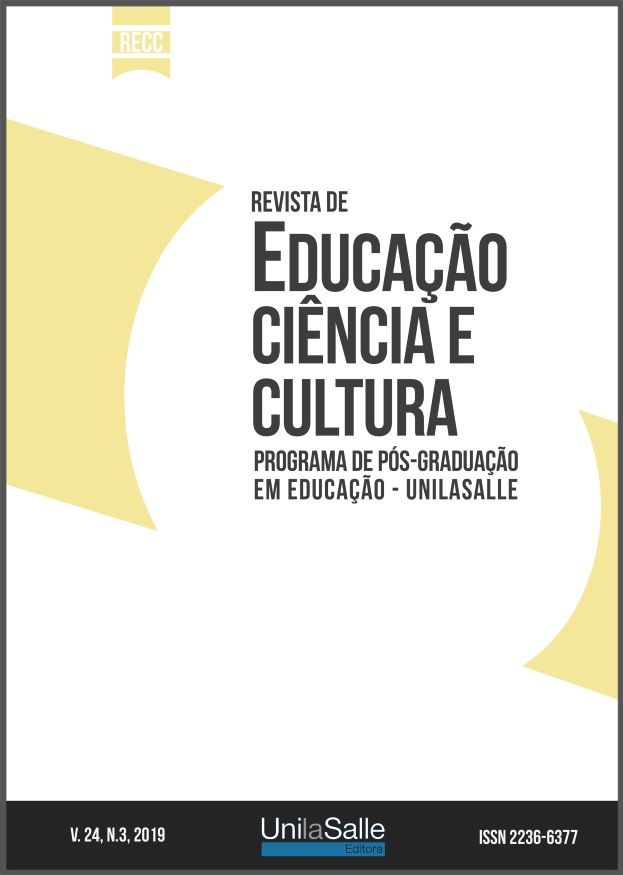Conservatism and citizen formation: the approach of sexuality in elementary school facing discourse in official documents
DOI:
https://doi.org/10.18316/recc.v24i3.5468Keywords:
PCN, BNCC, Sexual Diversity.Abstract
Although sexuality belongs to human development, from its formation to its aging, it is still considered as a taboo within society and a subject of embarrassment for dialogue between people. Thus, it is important to instigate the debate of this theme in the most diverse environments of society and, above all, in school education, which contributes to the preparation of individuals for their insertion in society. However, these indications are effective by adding such a theme in government proposals for education, in order to stimulate the approach of sexuality in the curriculum of educational institutions. Thus, this research aims to analyze how the theme sexuality has been approached in the National Curriculum Parameters (PCN) and the Common National Curriculum Base (BNCC), both for Elementary School, differentiating the approach of sexuality in education. To carry out this qualitative research, a documentary analysis was carried out in the PCN and BNCC - documents in force in 1997 and 2017, respectively, seeking to identify their proposals for the approach to sexuality. The construction of a specific volume of the NCP for the teaching of sexuality, entitled volume 10 - Cultural Plurality and Sexual Orientation. The material indicates the insertion of the theme in a cross-sectional model, that is, throughout the entire elementary school, to cross different curricular subjects. The BNCC, in turn, proposes the inclusion of the theme only for the discipline of Sciences in the 8th grade. In this sense, it is considered important to rethink the forms of presentation of the theme sexuality in Basic Education, given the regression of the approach in the BNCC, limiting to one discipline and a specific school year.
Downloads
Published
Issue
Section
License
Authors must submit their manuscripts to be published in this journal agree with the following terms:Authors maintain the copy rights and concede to the journal the right of first publication, with the paper simultaneously licensed under the License Creative Commons attribution that permits the sharing of the paper with recognition of authorship and initial publication in this journal.
Since the articles are presented in this journal of public access, they are of free use, with their own attributions for educational and non-commercial purposes.
The Periodic Journal of Education, Science and Culture in http://www.revistas.unilasalle.edu.br/index.php/Educacao was licensed with a Creative Commons - Attribution - Noncommercial 3.0 Not Adapted.


